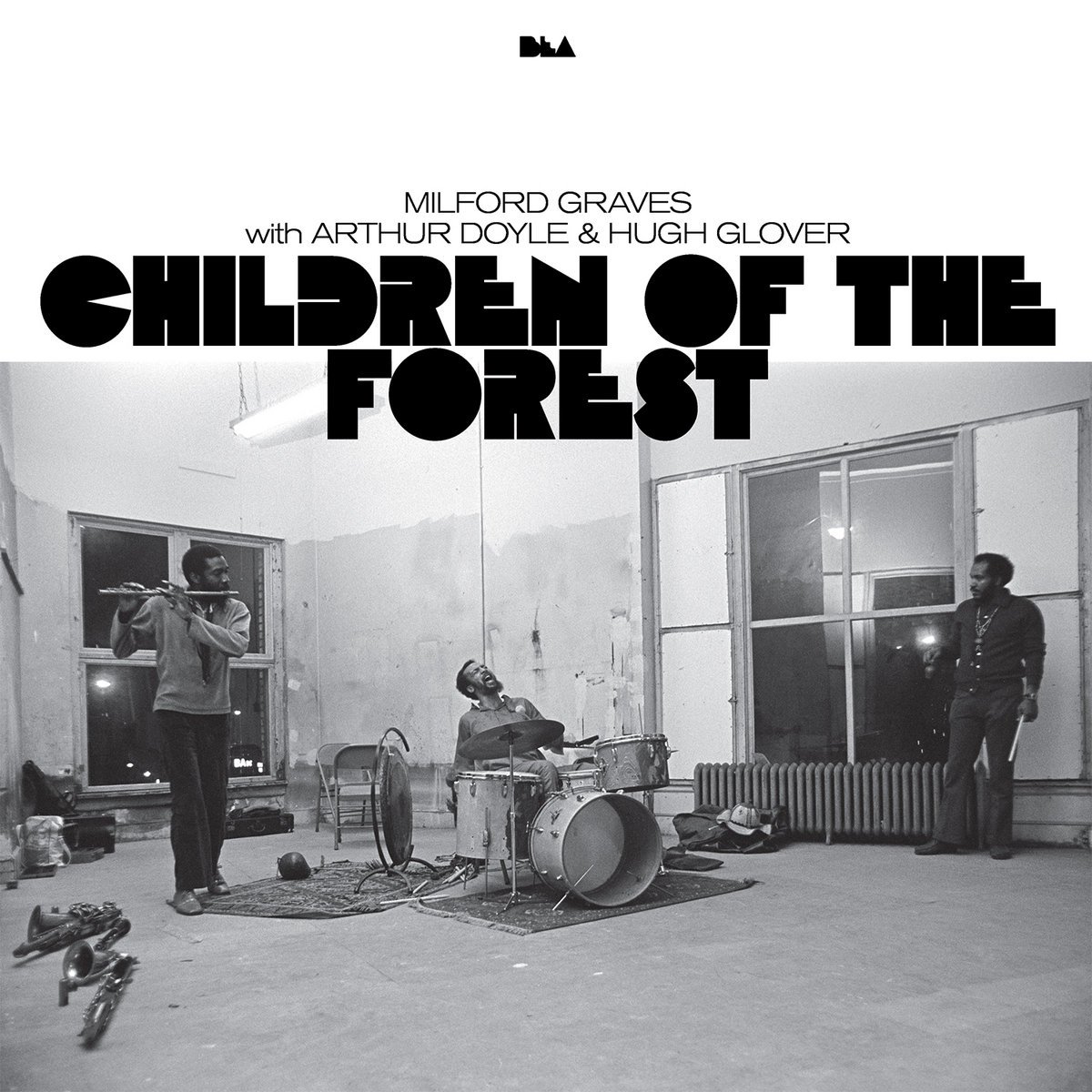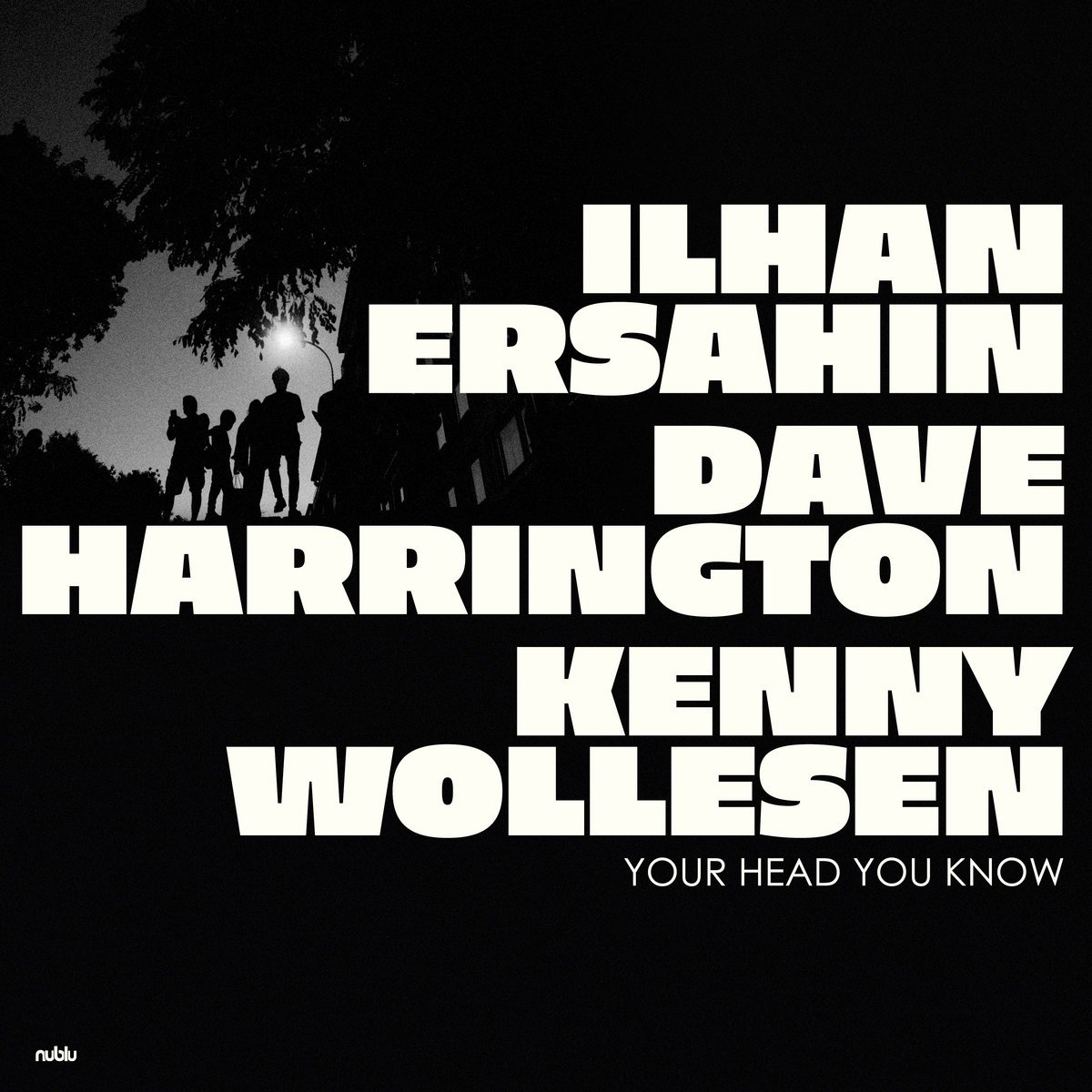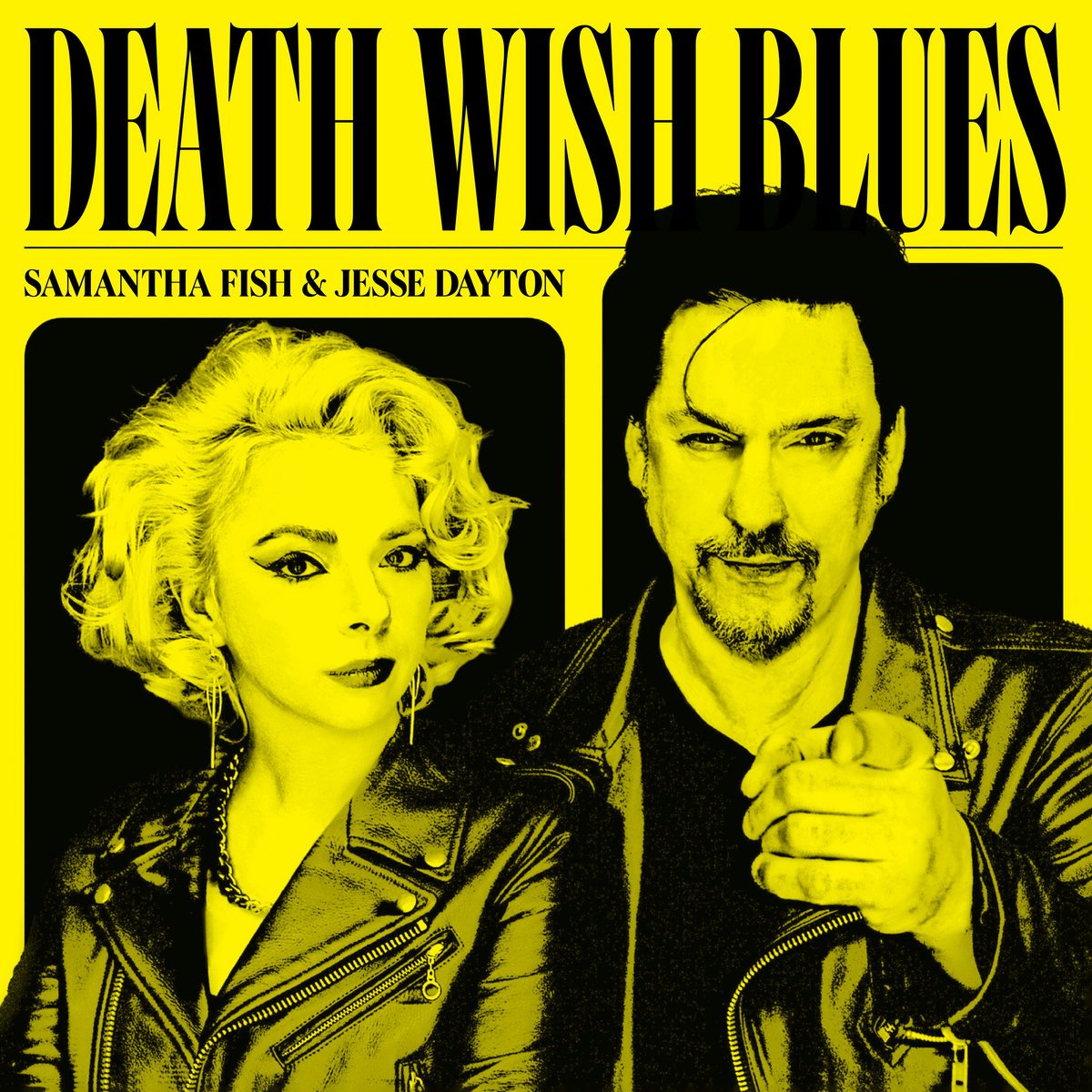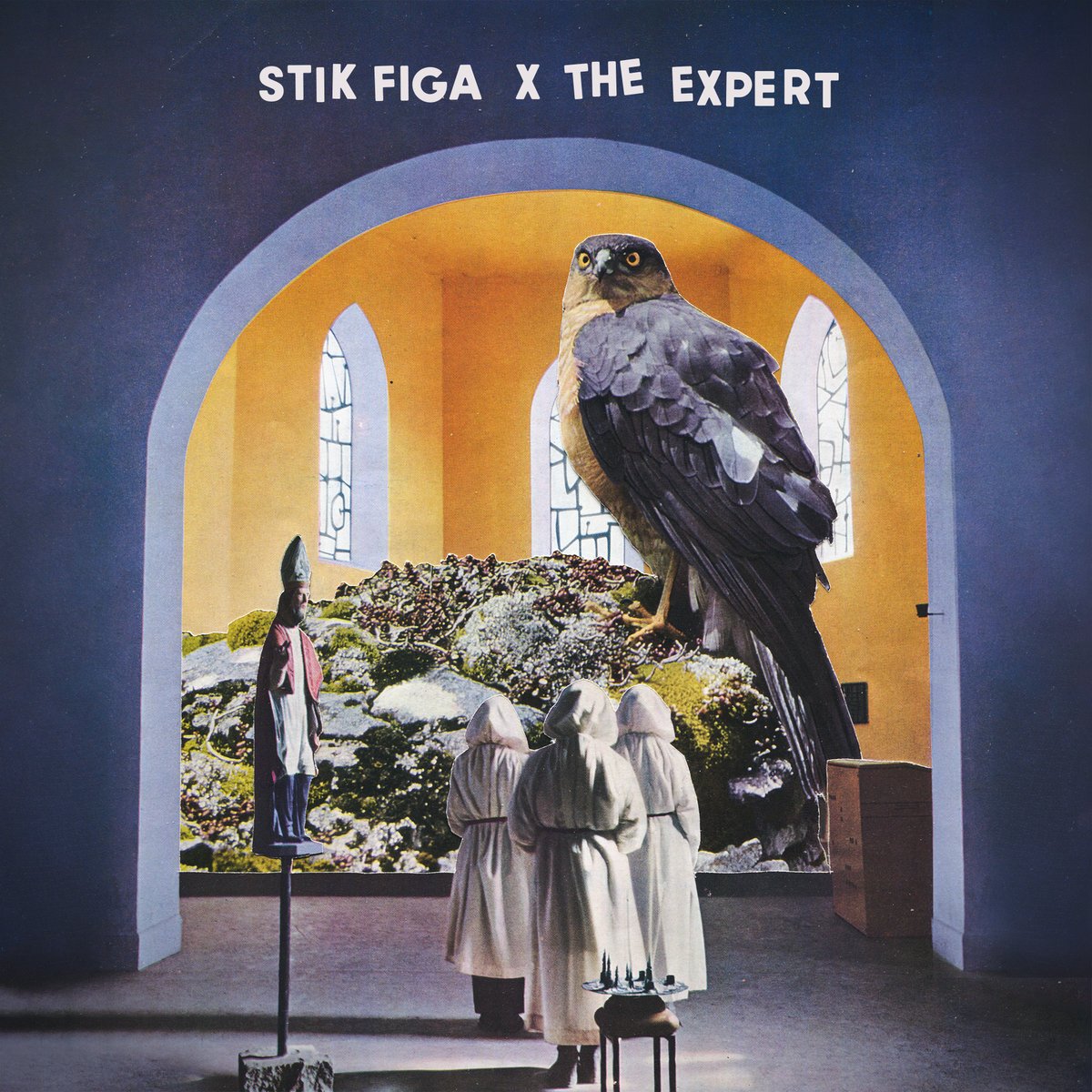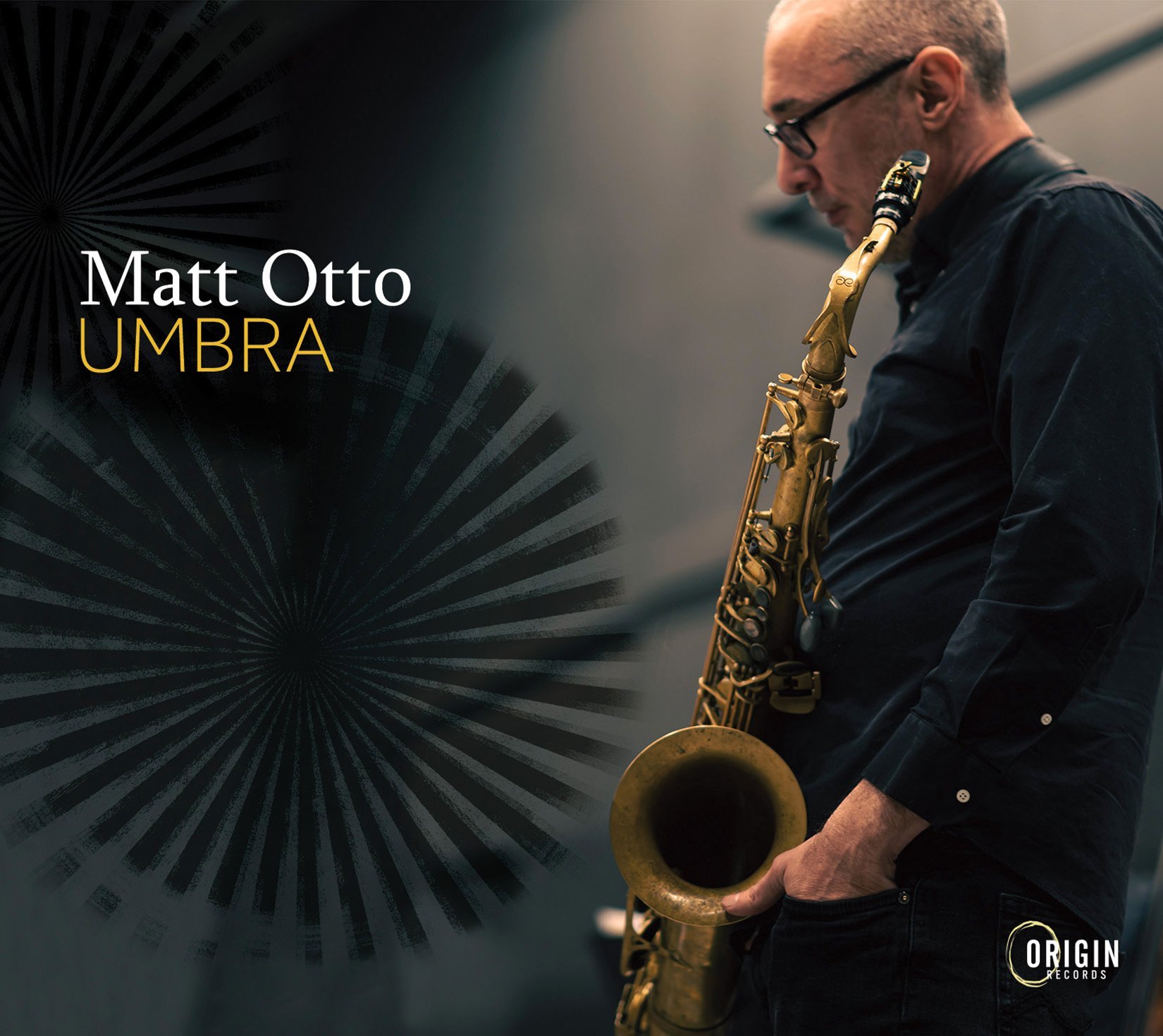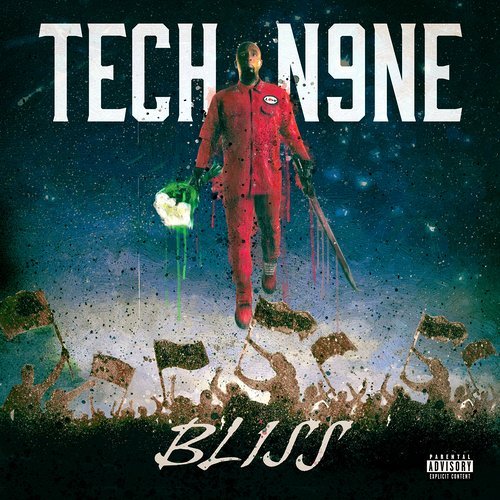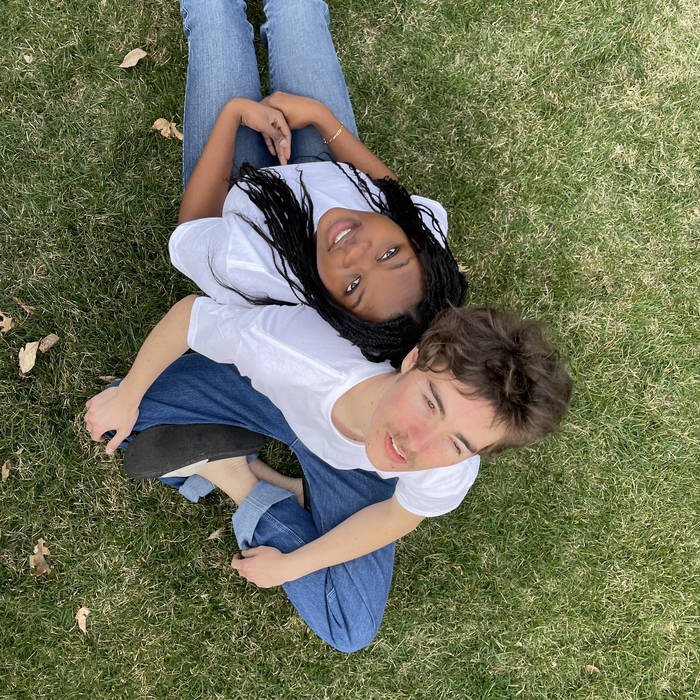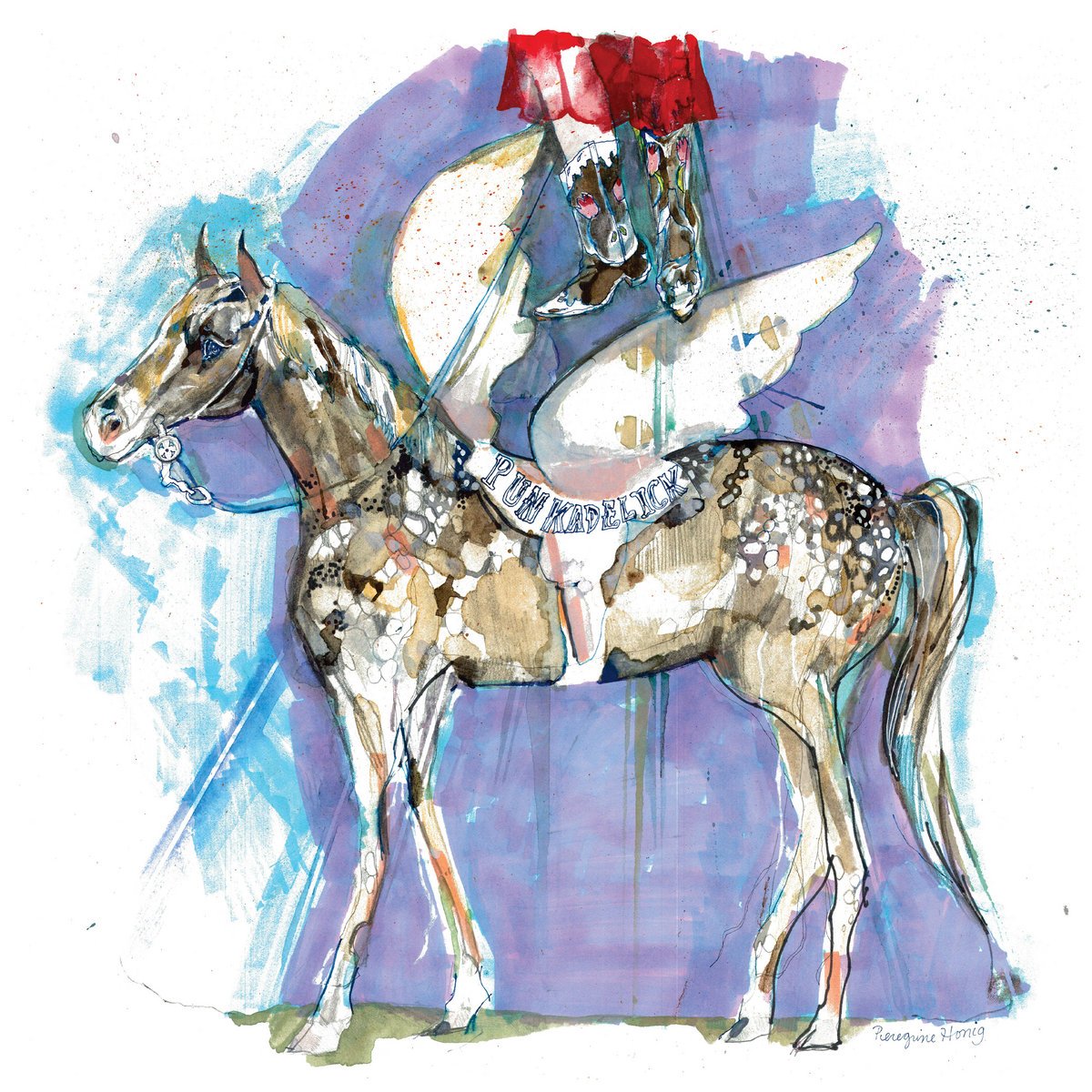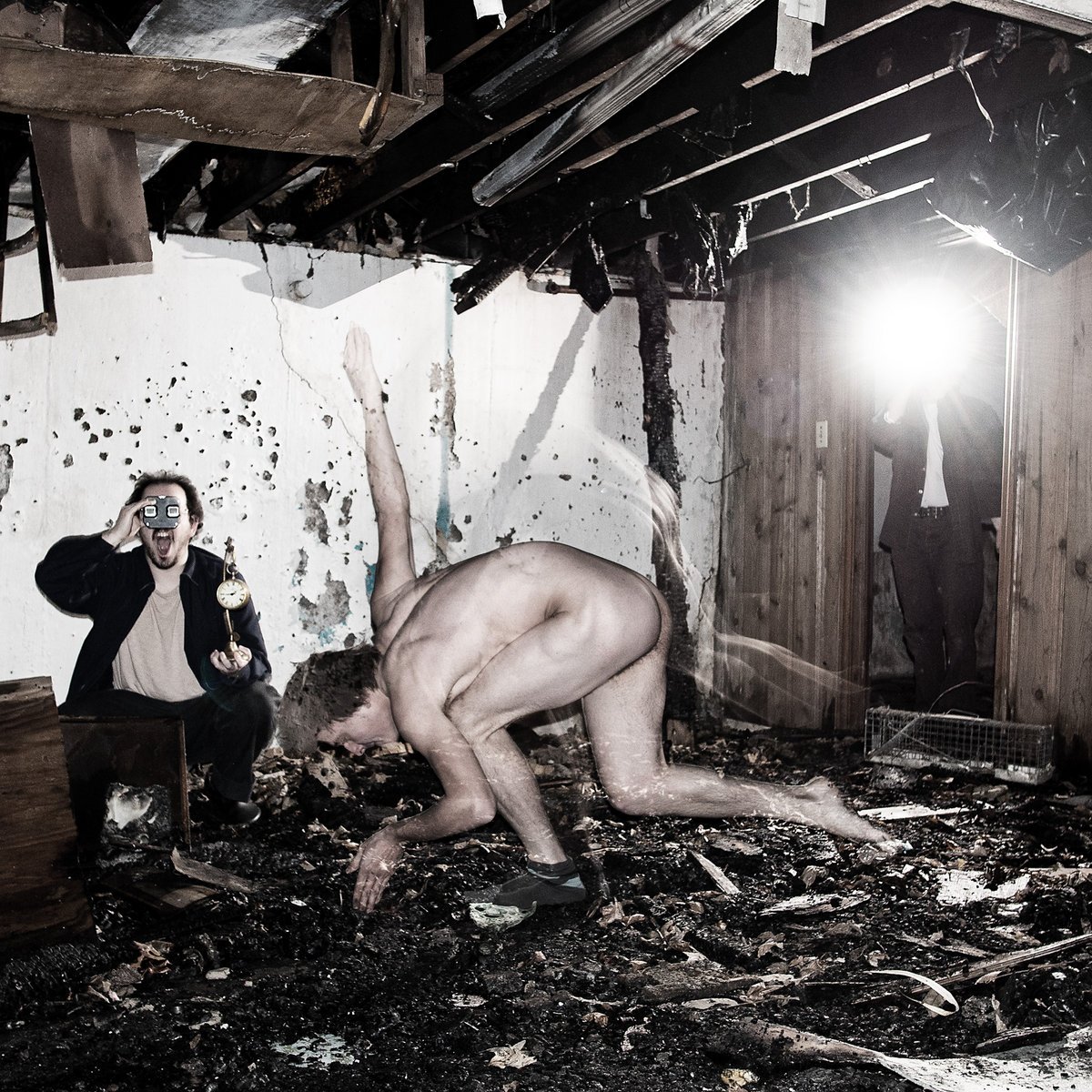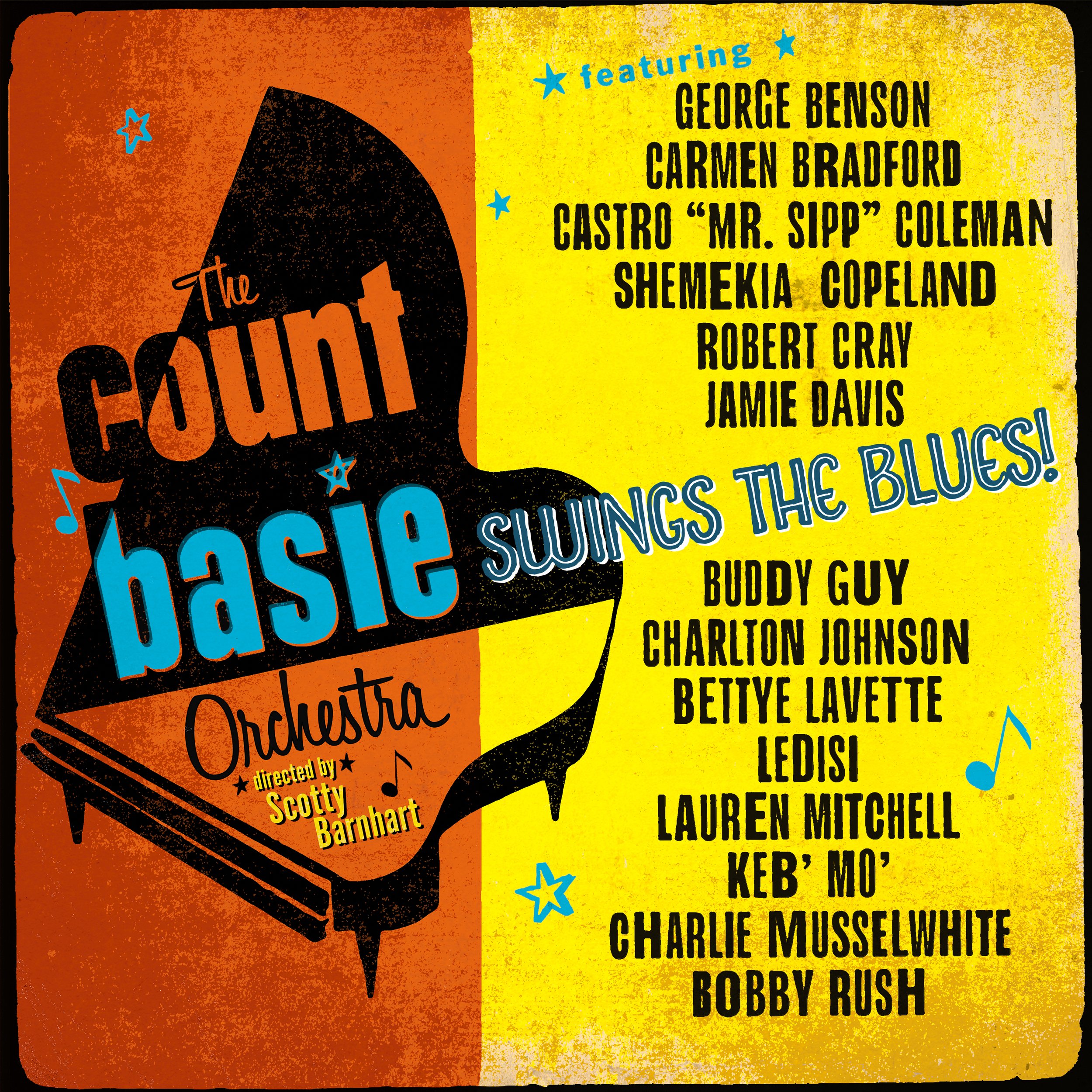The Top 25 Kansas City Albums of 2023
1. Matt Otto- Umbra*
Plastic Sax review.
2. Mike Dillon and Punkadelick- Inflorescence
Plastic Sax review.
3. Adam Larson- With Love, From New York City*
Plastic Sax review.
4. Ampichino and Rich the Factor- Midwest Tygoons*
Real orcas.
5. Stik Figa and The Expert- Ritual*
“It’s Stik Figa, mayne!”
6. Enzo Carniel, Hermon Mehari, Stéphane Adsuar and Damien Varaillon- No(w) Beauty
Plastic Sax review.
7. Pat Metheny- Dream Box
Plastic Sax review.
8. Janelle Monaé- The Age of Pleasure
Decadent.
9. Torches Mauve- Volume Two*
Plastic Sax review.
10. Flooding- Silhouette Machine
Dark shadows.
11. Mireya Ramos & the Poor Choices- Sin Fronteras
Cantinas and honky tonks.
12. Sweeping Promises- Good Living Is Coming For You
Look out below.
13. Samantha Fish and Jesse Dayton- Death Wish Blues
A blaze of glory.
14. The Floozies- Porty Hord
Gort dorn.
15. Kansas Virtuosi- Luis Humberto Salgado
Ecuadorian expedition.
16. Tech N9ne- Bliss*
Bliss-ish.
17. The Whiffs- Scratch n' Sniff
Pub rock.
18. Krista Kopper- Blessed Are Those Who Mourn
There Stands the Glass review.
19. The Count Basie Orchestra- Swings the Blues*
Plastic Sax review.
20. LaVelle- Promise to Love
Between the sheets.
21. Danny Embrey- Orion Room
Plastic Sax review.
22. Bach Aria Soloists- Le dolce sirene
Siren songs.
23. Nick Schnebelen- What Key Is Trouble In?
There Stands the Glass review.
24. Heidi Lynne Gluck- Migrate or Die
Rumours.
25. Kelly Hunt- Ozark Symphony
Polished folk.
The Top 10 Kansas City EPs of 2023
1. Midwestern- Cartoon Network
There Stands the Glass review.
2. Missouri Executive Order 44- Seventeen Dead in Caldwell County
Savage.
3. SleazyWorld Baghdad- Debo Baghdad*
Shooter.
4. Weaponize Chomsky- Time Destroys Everything
Dialectical materialism.
5. Conductor Williams- Conductor We Have a Problem
The preferred sound of 2023.
6. Kevin Morby- Music From Montana Story
Big skies.
7. Spine- Raîces
Furia.
8. Alyssa Murray- Scrollin'
Plastic Sax review.
9. The Bitter Lake Association- My Life Inside a Movie Scene
A one-person greeting committee.
10. Eggs on Mars- Warm Breakfast
Tasty.
The Top 5 Kansas City Reissues of 2023
1. SleazyWorld Go- Where the Shooters Be 2
Star light, star bright.
2. Charlie Parker- Hot House: The Complete Jazz at Massey Hall Recordings
Refreshed sound for the storied 1953 date.
3. Fred Davis- Cleveland Blues
Buried treasure.
4. Basie All Stars- Live at Fabrik Hamburg 1981, Vol. 1
Shiny stockings.
5. The Noise FM- Deleted Scenes: Unreleased Hits 2013-2023
Appropriately titled.
*One or more of the musician’s additional 2023 recordings were excluded from these listings to make room for titles by other artists.
Last year’s rankings are here.


